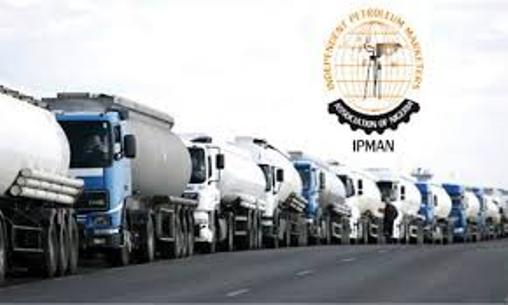Nigerian National Petroleum Company Limited (NNPCL) has reported a total of 488.94 million litres of petrol distributed to 63 depots across the country in the one week spanning March 11 to 17, 2023, to stabilise supply.
This marked an increase of 44.2 per cent in the volume distributed compared to a total of 339 million litres of petrol distributed the previous week between February 25 and March 3.
This is as many independent petroleum marketers continue to sell petrol close to N300 per litre in Lagos, outskirts of Abuja and other parts of the country despite the NNPCL’s agreement to their request for direct supply of products. This is far above the current regulated prices of between N184 and N194 per litre.
Filling stations such as Total, Mobile and NNPCL retails outlets and few independent markets, are selling at the price of N185 and N194/N199per litre, in Lagos and Abuja.
Data released by the Nigerian Midstream and Downstream Petroleum Regulatory Authority (NMDPRA) and obtained by LEADERSHIP from the NNPCL official twitter handle @nnpclimited, yesterday showed that the products were evacuated from 64 depots.
According to the Weekly National PMS Evacuation & Dispatch report, 488.94 million litres of petrol were distributed across the states, with Lagos getting the bulk of 1,943 trucks which amounts to between 64.12 million and 87.43 million litres depending on the truck size.
Petrol tanker trucks have capacities of between 33,000 and 45,000 litres.
The federal capital territory followed with distribution of 812 truckloads while Oyo, Ogun and Delta states got 532, 524 and 395 truckloads of petrol respectively during this period.
With a daily average distribution of about 69.84 million litres, and 65.42 million year-to-date (YTD) daily average, NNPCL and NMDPRA, said 64 per cent of all evacuation took place at the top 29 top loading depots with minimum evacuation of five million litres.
Recall that petroleum products marketers had told LEADERSHIP that only deregulation of the downstream oil industry will engender competition and address pump price inconsistencies and arbitrary hike and smuggling by a few operators in the industry.
Before now, independent marketers sourced products from third party operators in the industry, while major marketers enjoyed credit facility and direct product supply from the NNPCL which they claimed was responsible for the wide gap in pump price in the market.
Although the Independent Petroleum Marketers Association of Nigeria, IPMAN, said there ought to be a uniform pricing structure after the NNPCL intervention.




